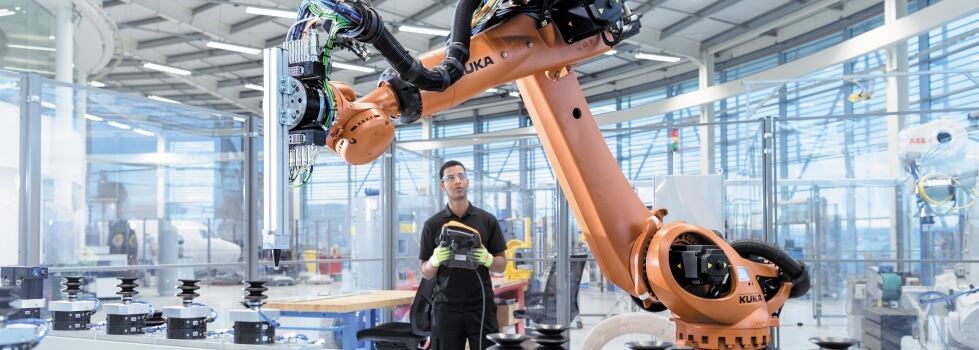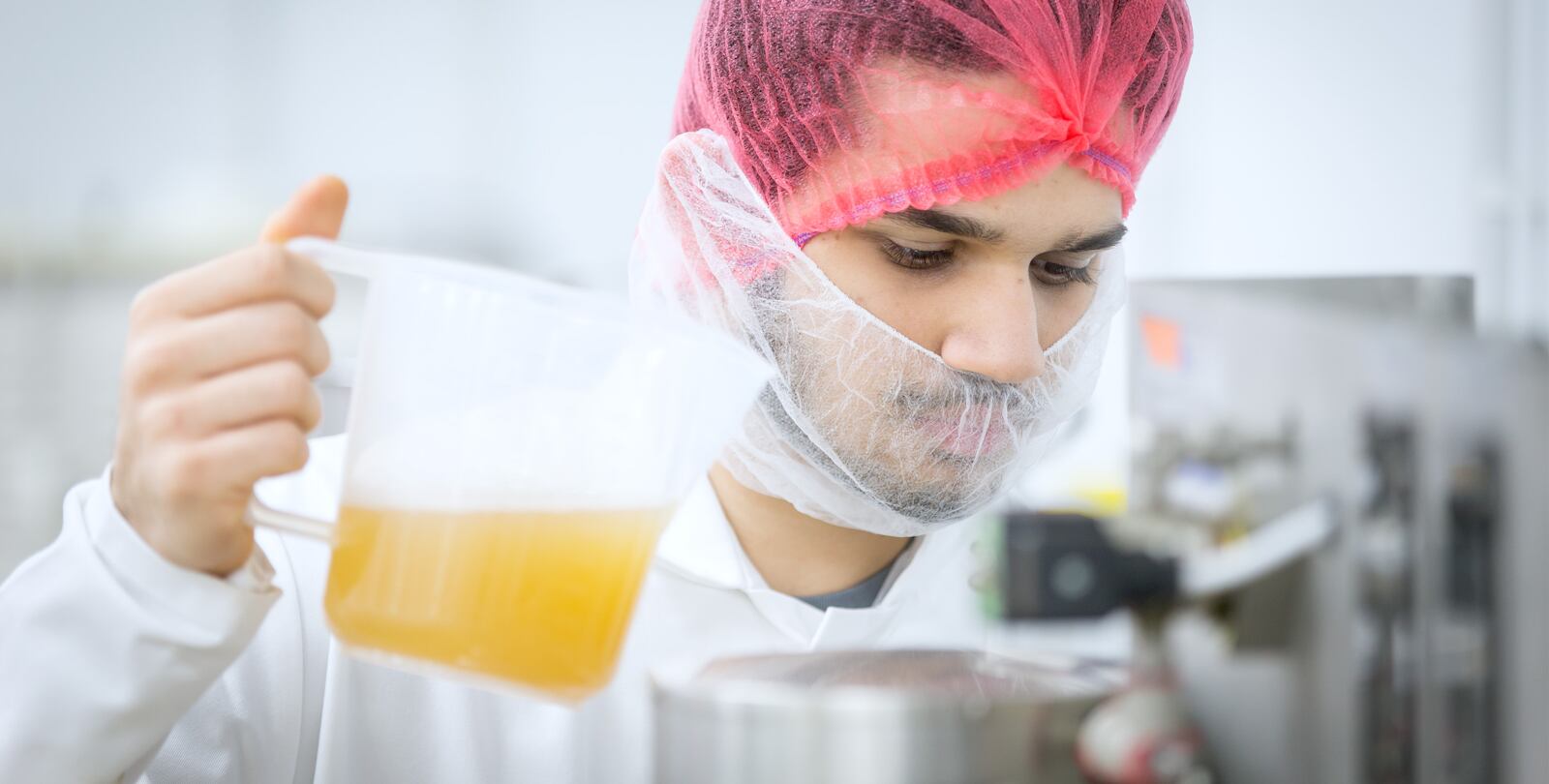With today’s consumers increasingly favouring suppliers that demonstrate ethical and environmental practices, the Welsh Government is taking proactive steps to support its food and drink businesses in achieving their sustainable goals – and reap the subsequent rewards.
In a world increasingly attuned to the environmental needs of the planet, it is becoming a prerequisite for food and drink manufacturers to be producing their goods with sustainability at the forefront of their thinking.
The pressure to do so is coming from both sides. On the one hand, consumers now expect their food and drink to be sustainably sourced and delivered, relying on manufacturers to ensure this happens. In fact, a study from Deloitte in the 12 months to March 2021 revealed that one in three consumers claimed to have stopped purchasing certain brands or products because they had ethical or sustainability related concerns about them.
On the other hand, retailers have picked up quickly on this consumer push – enhanced by the recent pressures of the Covid-19 pandemic and the vibrant e-commerce market – and have realised the importance of their own sustainability messages. So, from the opposite direction, they are increasingly demanding that their suppliers clearly show they are taking action to meet those needs – and prove they are doing so via accreditation and quality control.
It therefore behoves modern-day food and drink manufacturers to ensure that sustainability is at the very heart of their production and development programmes.
Sustainable strategic vision
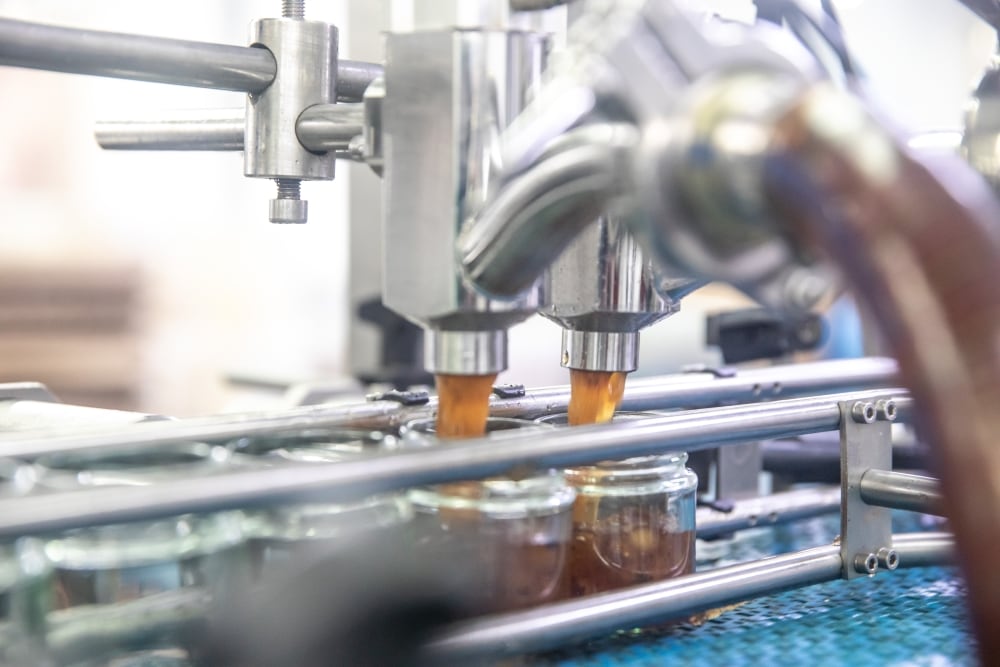
In Wales, as part of its overall strategic vision for the food and drink industry in 2022 and beyond, the Government is getting right behind the sustainability message and supporting businesses to adopt and transform their practices, thereby enhancing their environmental message to both customers and consumers – and grow sales as a result. That support is given to businesses across the country – whether small micro-sites, medium-sized entities or divisions of larger companies that are based in Wales.
This builds on its previous strategy, which saw a 30% growth target for the industry exceeded a year early, with record sales of £7.5bn in 2019. Its new aim is to achieve food and drink sales of at least £8.5bn by 2025. Underpinning this is its ‘green shoots vision’ of maintaining an industry with world-leading sustainability credentials where sustainable growth and productivity, climate and ecological impact, fair work and raising standards are mainstreamed and supported to create one of the most environmentally and socially responsible supply chains in the world.
Under this overall umbrella, a number of organisations are working collaboratively to drive positive change. These include: Food and Drink Wales’ Sustainability Cluster, designed to support and develop sustainable business practices across Wales’ agri-food industry by using the triple helix approach of government, industry and academia working hand in hand to tackle common industry problems; and business-led programme Cywain, which is dedicated to maximising opportunities and growth potential for small and medium-sized enterprises. The latter’s Sustainability Challenge offers a new series of tailored, online webinars to equip food and drink businesses with practical knowhow to take advantage of growing market demand for sustainable products and brands.
The overall sustainability goal is to make Wales a net zero country by 2050 and, as part of that, the Welsh Government has embarked on a Decarbonisation Action Plan, starting with research to better understand the carbon impact of food chain and supply systems, as well as identify new technologies that can reduce that impact. This will enable it to develop a specific action plan and set out steps for further reductions in carbon emissions throughout the industry.
Enhancing sustainability to harness opportunity
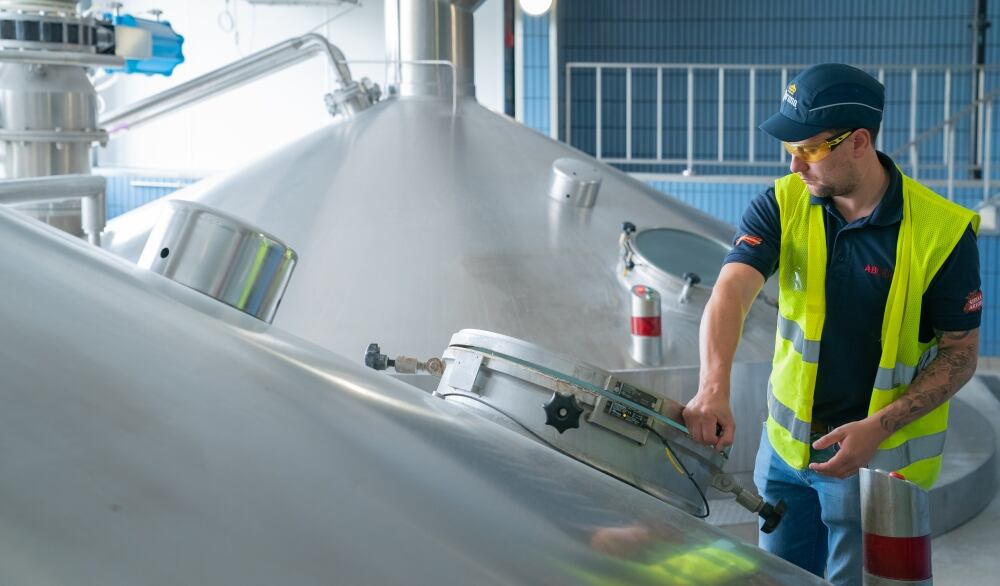
Also feeding into the overall sustainability goal are several initiatives, ranging from skills training to innovation and manufacturing excellence.
Last year, Food Innovation Wales introduced a ‘Sustainability for your Business’ guide, offering a comprehensive toolkit of information for food and drink companies operating in Wales and signposting practical steps as to how they can work in a different way, including looking for sustainable packaging solutions, reducing food waste and lowering their carbon footprint.
As the toolkit points out: “Embedding sustainability into your business can harness real opportunities. According to a report by Mintel in December 2019, between the years 2020 to 2030 consumers will be hungry for demonstrable change on environmental issues, ethical business practices, public health and other important causes… The companies that will win in the next 10 years will be those that fuel the new era of conscious consumption. Tomorrow’s consumers will be looking for eco-friendly packaging and products while also seeking guidance on how to make their diets more sustainable.”
Among other actions, this guide is sent out to all companies signing up to a project working with its three food centres across the country, including the Food Technology Centre in Llangefni, which helps food and drink businesses formulate and reformulate products, carry out pre-audits and help with accreditation, process validation and shelf-life.
Working in association with Food Innovation Wales, companies can look at issues such as sustainable product development and waste reduction, while training around sustainability and the steps companies can take is provided by Food Skills Cymru (Lantra).
Boosting environmental skills
Recently, Food Skills Cymru has embarked on a project, funded by Government and delivered by Lantra and working in collaboration with sustainability groups Cynnal Cymru (Sustain Wales) and Eco Studio to deliver a Sustainability Training Programme specifically for the food and drink manufacturing industry. Its purpose is to equip participants with the knowledge and skills to develop systems and actions appropriate to their situation that address environmental management and social impact.
Comprising six modules of three hours each, the recently established course follows a pilot project initiated last year with 16 companies, ranging widely in size and category from those with 800+ workers to micro businesses, and spread across sectors from dairy to red meat to brewing.
Modules 1-3 cover topics such as decarbonisation, zero waste, social and staff wellbeing and sustainability impact, while modules 4-6 enable participants to develop their own bespoke sustainability strategy, integrating specific elements into a long-term holistic approach. As part of the training, companies are encouraged to join a number of certifications that are sustainably focused, including Green Dragon, Leaf, B-Corp and RSPCA Assured (animal welfare).
Sarah Lewis, deputy director at Lantra Wales, says: “It’s really difficult to have one size fits all, but break-out groups across the sectors mean ideas can be shared and real engagement achieved, with different perspectives contributed. Sustainability as a topic is non-competitive, so companies are willing to share best-practice.”
The fully funded training is conducted by Cynnal Cymru, the leading organisation for sustainable development in Wales, and, once companies understand what they need to do, Food Skills Cymru can help them implement to tools to achieve their goals.
“If, for example, they decide they want to work more on, say, water efficiency, they can then book extra training with Food Skills Cymru on that particular topic to enhance their skills and enable them to implement it in their business,” says Lewis. “Without Welsh Government support, we would not be able to achieve the vision for Wales in so many areas of food and drink manufacturing.”
Manufacturing support
Further proving that Wales is truly walking the walk when it comes to sustainability, the Welsh Government is also investing in cutting-edge research and technology to support its food and drink manufacturing industry.
At the Advanced Manufacturing Research Centre of Wales (AMRC Cymru), part of Sheffield University, the team are working in collaboration with Food & Drink Wales to support food and drink businesses with their manufacturing ambitions.
“We have a number of really exciting projects to support the country’s sustainability goals,” reveals operations director Jason Murphy. “Wales ranks third in the world on recycling and we are supporting the country to climb further up that league table.”
Projects currently underway include working with start-up business Polytag to develop a smart, tagging, segregation and sorting technology for plastic packaging, with the aim of improving its recyclability.
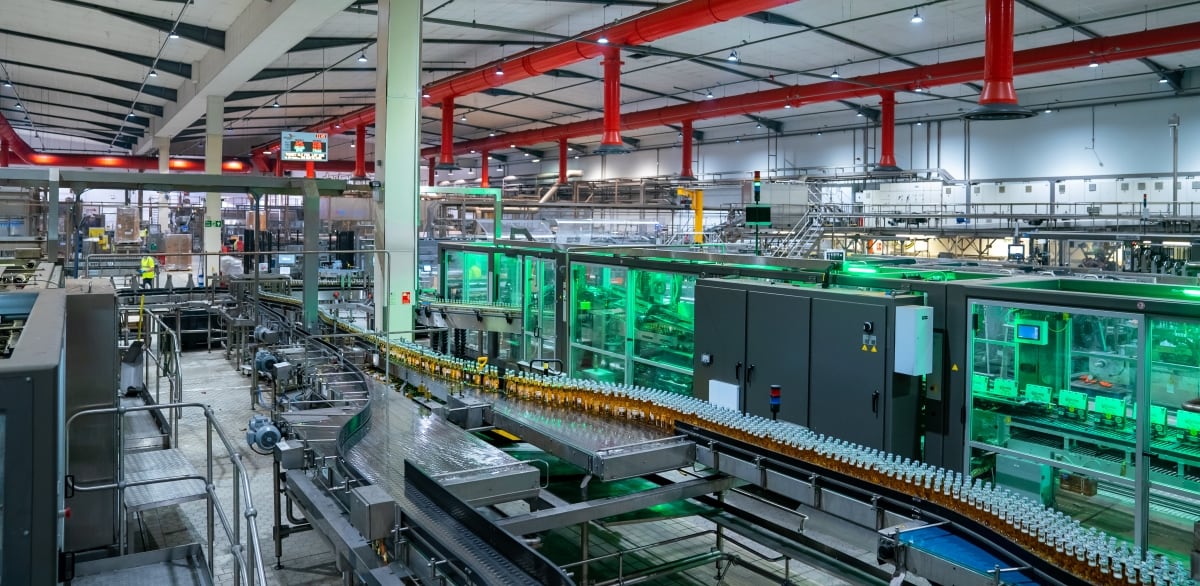
AMRC Cymru is also supporting businesses to be more efficient with their manufacturing processes, using advanced technology such as Artificial Intelligence, digital simulations, cobots, robots and virtual reality to help them become more efficient and reach their net zero goals. “According to the UK Government 13% of all emissions can be saved through efficiency gains,” says Murphy.
By prioritising environmental, ethical and social values that are increasingly important to today’s consumers, Wales is pushing the boundaries on multiple fronts, supporting businesses of all sizes across the country to create a strong and vibrant food and drink sector, recognised globally for its excellence and with sustainability at its heart.
To discover more about how Wales is supporting its food and drink manufacturing businesses, click here.

